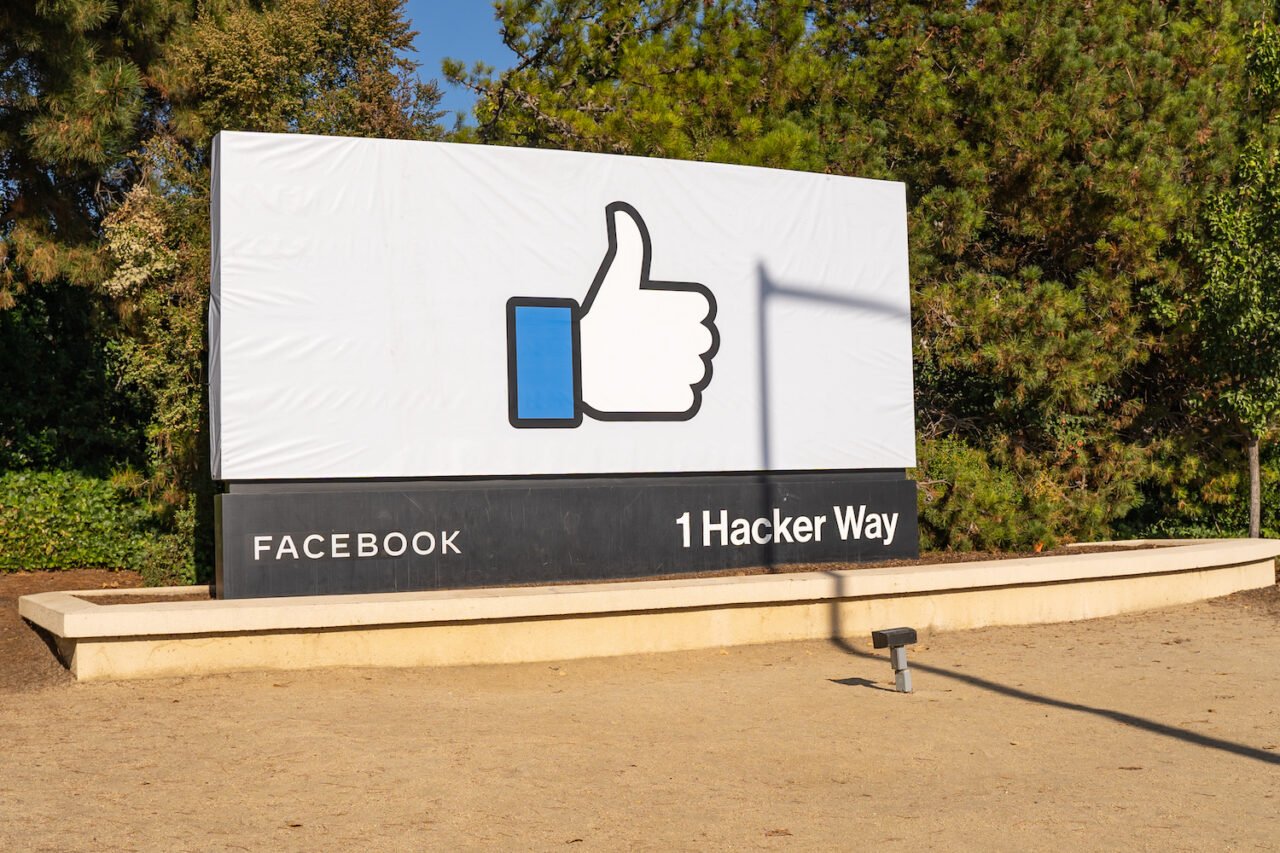Top Stories
Facebook to Remove Like and Comment Buttons on External Sites

URGENT UPDATE: Meta has announced that it will officially remove the Like and Comment buttons from external websites on February 10, 2024. This significant shift marks the end of a feature that has largely fallen out of use and reflects the company’s response to evolving digital landscapes.
The decision to phase out these buttons, part of Meta’s Open Graph initiative launched in 2010, comes as users have increasingly distanced themselves from sharing their social interactions outside of Facebook. Meta stated that “the plugins that will be discontinued reflect an earlier era of web development, and their usage has naturally declined.”
What does this mean for users? As of next February, the Like and Comment buttons will be rendered as “0x0 pixel (invisible element)” on websites, effectively disappearing without causing any errors or interruptions to site functionality. Developers will not need to take any action to remove these features, making the transition seamless.
The announcement has sparked discussions about the implications of this move, especially in light of past controversies like the Cambridge Analytica scandal. The initial rollout of these social plugins was intended to create a more interconnected web experience, with users sharing their preferences and emotions. However, the reality of data privacy concerns has shifted public perception, leading many to reconsider their online interactions.
Dan Fletcher from Time Magazine highlighted this dichotomy in 2010, noting that Facebook aimed to make the web more social while also increasing the information users shared. Today, the landscape has changed dramatically, with many reconsidering the value of sharing personal data for social engagement.
While the Like and Comment buttons are being phased out, not all Facebook social plugins are disappearing. Features like the “Share this story” module will continue to operate, allowing users to engage with content without the previous functions.
As the digital world evolves, this move by Meta signals a shift towards a more privacy-conscious approach. Users are encouraged to reflect on their social media habits as the removal date approaches.
Stay tuned for further updates as this story develops. Share your thoughts on this change and how it might affect your online experiences.
-

 Science3 weeks ago
Science3 weeks agoInventor Achieves Breakthrough with 2 Billion FPS Laser Video
-

 Health4 weeks ago
Health4 weeks agoCommunity Unites for 7th Annual Into the Light Walk for Mental Health
-

 Top Stories4 weeks ago
Top Stories4 weeks agoCharlie Sheen’s New Romance: ‘Glowing’ with Younger Partner
-

 Entertainment4 weeks ago
Entertainment4 weeks agoDua Lipa Aces GCSE Spanish, Sparks Super Bowl Buzz with Fans
-

 Business4 weeks ago
Business4 weeks agoTyler Technologies Set to Reveal Q3 Earnings on October 22
-

 Entertainment4 weeks ago
Entertainment4 weeks agoMother Fights to Reunite with Children After Kidnapping in New Drama
-

 World4 weeks ago
World4 weeks agoR&B Icon D’Angelo Dies at 51, Leaving Lasting Legacy
-

 Health4 weeks ago
Health4 weeks agoCurium Group, PeptiDream, and PDRadiopharma Launch Key Cancer Trial
-

 Entertainment4 weeks ago
Entertainment4 weeks agoRed Sox’s Bregman to Become Free Agent; Tigers Commit to Skubal
-

 Health4 weeks ago
Health4 weeks agoNorth Carolina’s Biotech Boom: Billions in New Investments
-

 Top Stories4 weeks ago
Top Stories4 weeks agoFormer Mozilla CMO Launches AI-Driven Cannabis Cocktail Brand Fast
-

 Science4 weeks ago
Science4 weeks agoNorth Carolina’s Biotech Boom: Billions Invested in Manufacturing









